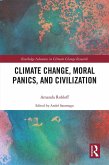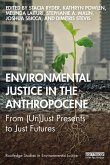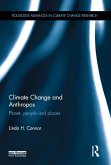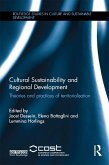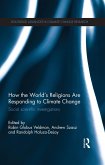This book recovers complex histories that continue to shape both how we understand climate and what we understand by it. It also examines how climate change compels us to rethink many of our existing traditional means of historical understanding. This book examines It addresses these questions climate change from transdisciplinary perspectives across the environmental humanities, including oral history, museum studies, history of religion, literary history, philosophy and critical legal studies..
Dieser Download kann aus rechtlichen Gründen nur mit Rechnungsadresse in A, B, BG, CY, CZ, D, DK, EW, E, FIN, F, GR, HR, H, IRL, I, LT, L, LR, M, NL, PL, P, R, S, SLO, SK ausgeliefert werden.




